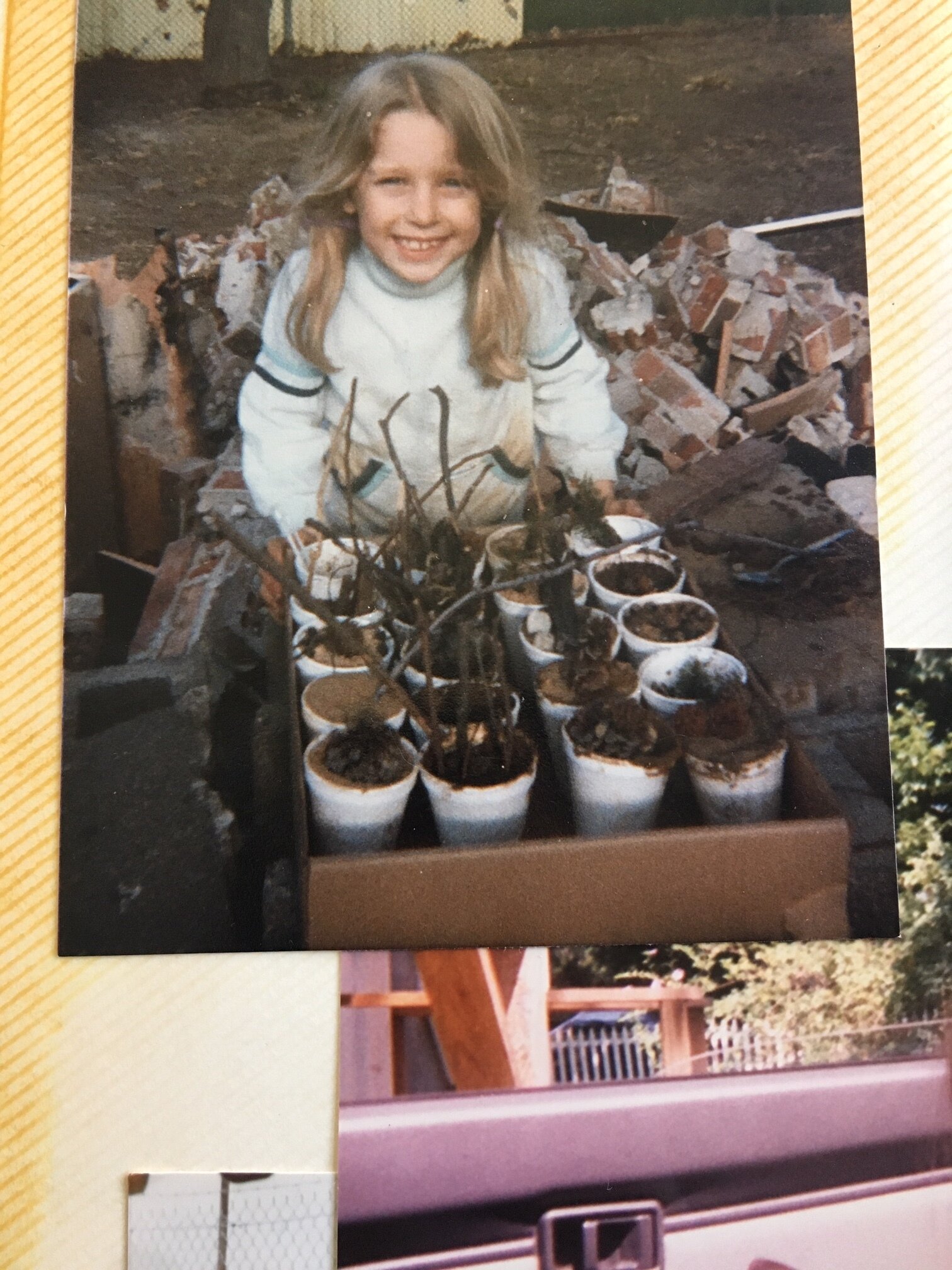It’s time for back to school, but this year is a little different for most people for many reasons. For anyone starting on their zero waste journey, this is a great opportunity to practice your zero waste and plastic free skills. For those who have been practicing for years, this is a good reminder to keep learning!
Back to school means new text books, new notebooks, new supplies. But make it zero waste! Once you’re used to thrifting and foraging, it’s easy to find school supplies second hand. Family and friends might have pens and notebooks they will not use (almost everyone has a surplus of pens somewhere in the house, right?), thrift shops and rummage sales usually have school supplies. Backpacks, school clothes, lunch boxes, water bottles, and other supplies are easy to thrift. Keep your eye out for yard sales! Pens, pencils, paperclips, and rubber bands are surprisingly easy to find dropped on the sidewalk. A quick sanitize and they are good as new. Most college bookshops have almost all the books in a syllabus second hand. Make sure you are donating your books at the end of each semester!
We can work at not using plastic and not generating waste while we are in school, too. We can pack our lunches, use digital media, avoid the campus cafe and bring our coffee from home. Many hand outs can be recycled, or reused. Art supplies for projects can be foraged, borrowed or culled from “junk”.
The other opportunity we have while going back to school is to educate anyone and everyone who might not be familiar with zero waste. When we lead by example, when we reach out to answer questions, or notice when people are surprised at our choices and make the effort to talk about and explain them, we are starting the seed that could grow into someone else’s Zero Waste Journey. It’s important to talk about your zero waste choices when ever and how ever you can! Teaching others about the perils of waste and plastic is an exciting avenue for our knowledge.
Back to school is a time to educate others about zero waste, but it’s a good time to educate ourselves as well! Even if you’re not in school, the school season is a good time to pick up a new book, delve into research on a subject you want to know more about, or talk to someone you’ve been meaning to about their lifestyle.
It might seem daunting when you have life milestones, like going back to school, sending your kids to school, or whatever circumstances you might be in near the school year, to stay zero waste. But thinking ahead, putting aside convenience, and remembering our overall goal for ourselves and the planet, will make your back to school one more step our our zero waste and plastic free journey!
If you are new to this series, here’s what we are working on for this 6 month block. Follow along or pick and choose challenges to try.:
June 2020- Say NO, Say Yes
PLASTIC FREE JULY
August 2020 - Carry No Disposables
September 2020 - Back to School/Educate
October 2020 - Beach Clean
November 2020 - Hidden Plastic
December 2020 - Repair Before You Replace
We started our tackling new zero waste challenges six months at a time in 2019: January 2019 - Trash Audit
We separated and looked our trash to see what we are throwing away and what we can reduce.
February 2019- Declutter Everything
We went thru what we have to declutter and reduce.
March 2019- Switch to Paper
This month we moved to paper to get one step closer to reusables.
April 2019- Compost
Composting is an easy way to reduce food waste and prevent it from reaching the landfill.
May 2019- Meatless Monday
One of the best ways to improve the environment is to stop eating factory farmed meat and industrial fish. Small steps lead to big change so this month we gave up meat (or dairy or fish) for at least one day.
June 2019- No Bottled Water
We gave up bottled water as an avenue to give up more disposable plastic in Plastic Free July.
July 2019 - Plastic Free July!
Go plastic free this month!
In late 2019, we continued our journey to becoming more zero waste:
November 2019 - Zero Waste Kit
We created a zero waste kit to help us be more zero waste in our day to day life.
December 2019- No Gifts
We took Dec to give no gifts and get no gifts.
January 2020 - Clothing and Fast Fashion
This month we explored what fast fashion is, and how we can stop buying it forever.
February 2020- Use Mass Transit
The shortest month seemed like a good time to explore alternatives to driving our cars.
March 2020 - Bathroom Make-over
You’ve swapped out a few items to more sustainable choices around the house. It’s time to tackle a full room.
April 2020- Grow Your Own Food
April marks the start of spring in the continental USA, and when we can start growing food easily. But there are many ways and time to grow your some of own food.





